Electronic Filing Of Transfer Agent Forms - Securities And Exchange Commission Page 33
ADVERTISEMENT
change the filing method of the forms from paper format to electronic format. Accordingly, the
amendments are not expected to have an impact on capital formation.
We received one comment letter that stated the proposal could have an adverse impact on
competition because the expense of meeting the electronic filing requirement could lead in-house
transfer agents, which cannot pass regulatory expenses on to issuer clients, to outsource their
58
functions to large, commercial transfer agents.
While we appreciate the commenter’s concerns, we
do not believe the costs to transfer agents as a result of the proposal will rise to that level.
Additionally, as noted above, transfer agents may apply for a hardship exemption under Rule 202 of
Regulation S-T which would allow them to continue filing in paper format.
VII. FINAL REGULATORY FLEXIBILITY ANALYSIS
The Commission has prepared a Final Regulatory Flexibility Analysis ("FRFA") pursuant to
59
the Regulatory Flexibility Act
regarding the amendments to Regulation S-T, Rules 17Ac2-1,
17Ac2-2, and 17Ac3-1 and to Form TA-1, Form TA-2, and Form TA-W and the instructions to the
forms.
A.
Need for the Amendments
The Commission receives over a thousand transfer agent forms year. An electronic filing
system will eliminate the burdens associated with paper forms and streamline the filing process. It
will help to ensure that transfer agents fill the forms out completely and in the appropriate format. It
will also provide transfer agents with email notification that a form has been accepted or suspended
by the Commission.
B.
Significant Issues Raised by Public Comment
58
Loren K. Hanson, Assistant Secretary, Otter Tail Corporation, dated October 4, 2006.
59
5 U.S.C. 603(a).
33
ADVERTISEMENT
0 votes
Related Articles
Related forms
Related Categories
Parent category: Legal
 1
1 2
2 3
3 4
4 5
5 6
6 7
7 8
8 9
9 10
10 11
11 12
12 13
13 14
14 15
15 16
16 17
17 18
18 19
19 20
20 21
21 22
22 23
23 24
24 25
25 26
26 27
27 28
28 29
29 30
30 31
31 32
32 33
33 34
34 35
35 36
36 37
37 38
38 39
39 40
40 41
41 42
42 43
43 44
44 45
45 46
46 47
47 48
48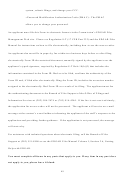 49
49 50
50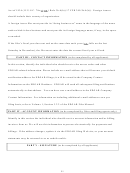 51
51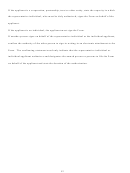 52
52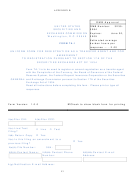 53
53 54
54 55
55 56
56 57
57 58
58 59
59 60
60 61
61 62
62 63
63 64
64 65
65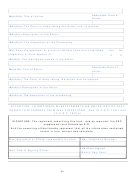 66
66 67
67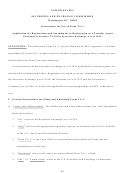 68
68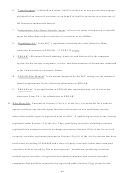 69
69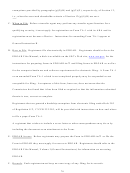 70
70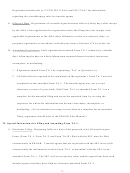 71
71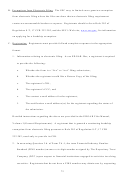 72
72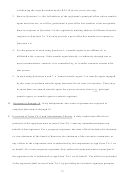 73
73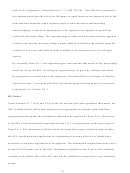 74
74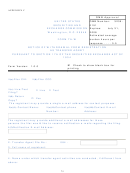 75
75 76
76 77
77 78
78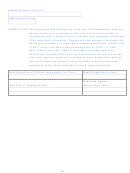 79
79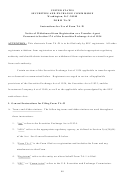 80
80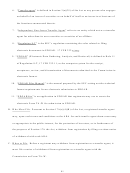 81
81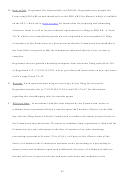 82
82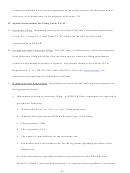 83
83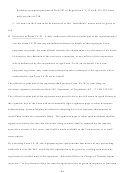 84
84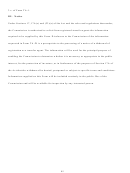 85
85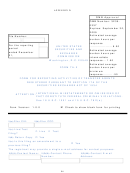 86
86 87
87 88
88 89
89 90
90 91
91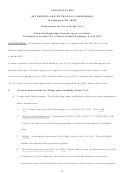 92
92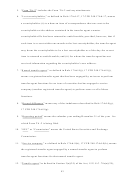 93
93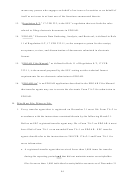 94
94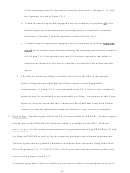 95
95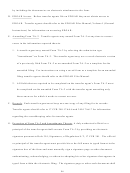 96
96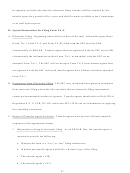 97
97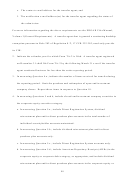 98
98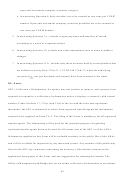 99
99 100
100








